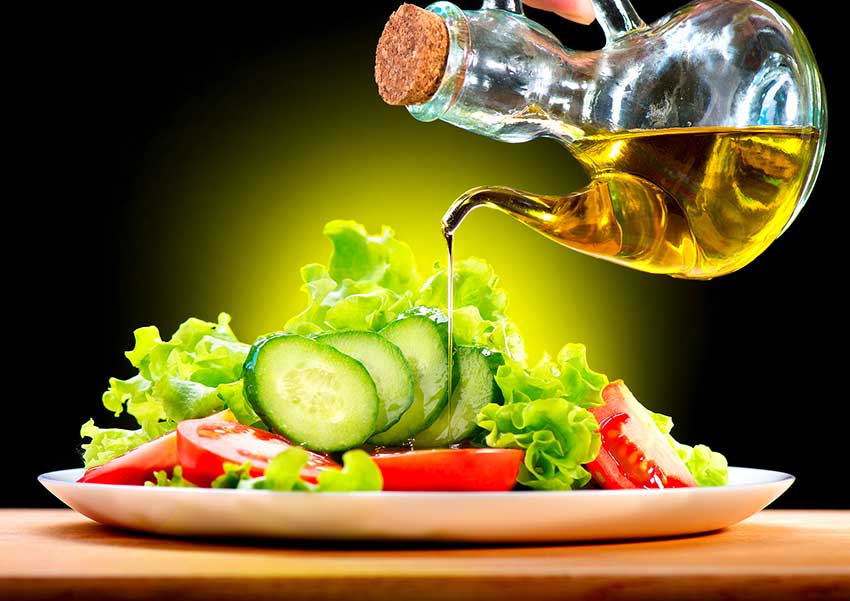
Is organic cooking oil better?
What is organic olive oil?
There are a few differences between organic olive oil and non-organic olive oil. Non-organic cooking oils, for instance, are made from olives that are grown with the help of herbicides, pesticides and different fertilisation techniques. Organic olive oil, on the other hand, will contain olives that have been naturally grown, without the use of the aforementioned aids and chemicals.
Olive oil is arguably one of the healthiest cooking oils on the market, because olives are packed with antioxidants and nutrients. The fact that you can buy organic olive oil makes this particular cooking oil seem even more attractive and beneficial to our overall health than non-organic olive oil. Where you might think that organic olive oil isn’t much better for us than regular olive oil, there are actually some benefits to it, which we’ll discuss in a moment.
What are the benefits of organic olive oil?
1. Quality certification
2. It’s more eco-friendly
3. Antioxidants and bioactive compounds found in olives are preserved
How to recognise organic cooking oils
Are non-organic cooking oils unhealthy?
According to the Heathline, non-organic cooking oil isn’t actually deemed to be unhealthy, although some vegetable oils contain fatty acids and it isn’t necessarily processed in the most healthy way. The way in which non-organic cooking oils might be deemed to be unhealthy is the fact that the source it comes from may have been treated with pesticides and other chemicals, including chemicals used to cause quicker and more substantial crop growth.
Essentially, this is deemed to be a genetic mutation; something that you wouldn’t have to worry about when it comes to organic cooking oils, whether it be olive oil or another type of cooking oil. If used in moderation, non-organic cooking oils aren’t necessarily unhealthy for your diet, but some might consider them to be harmful to the environment, especially because of the pesticides and chemicals that are used in the original source.





